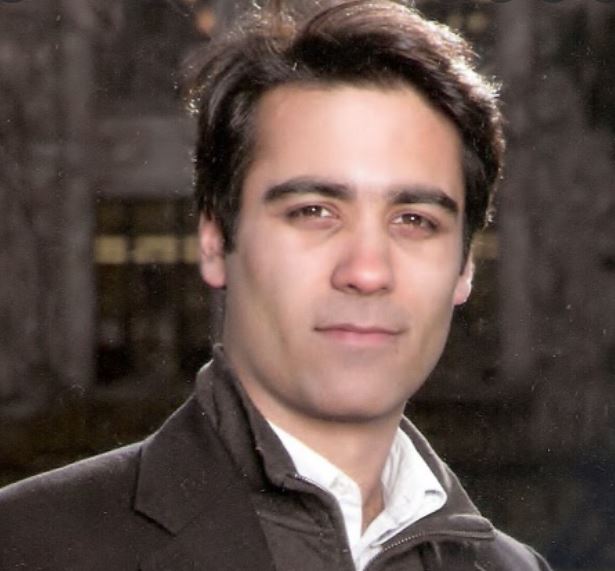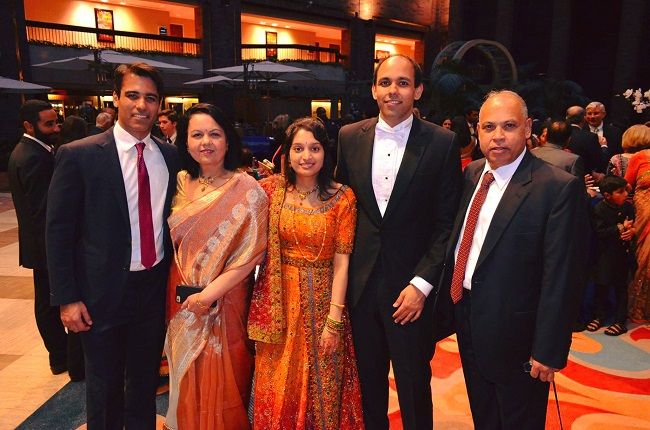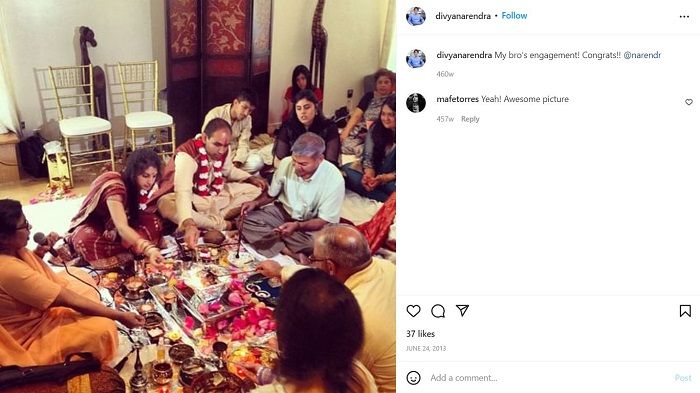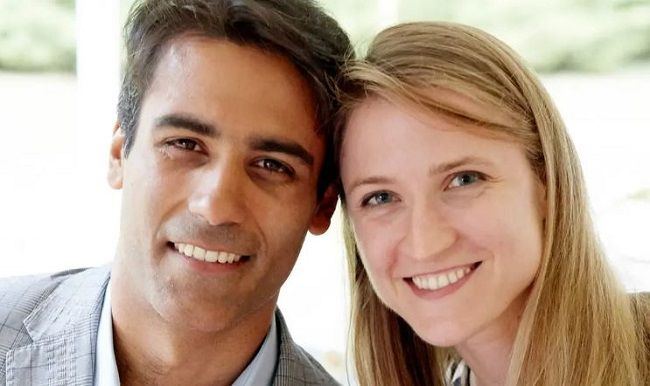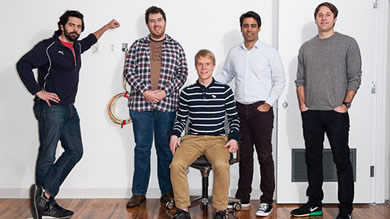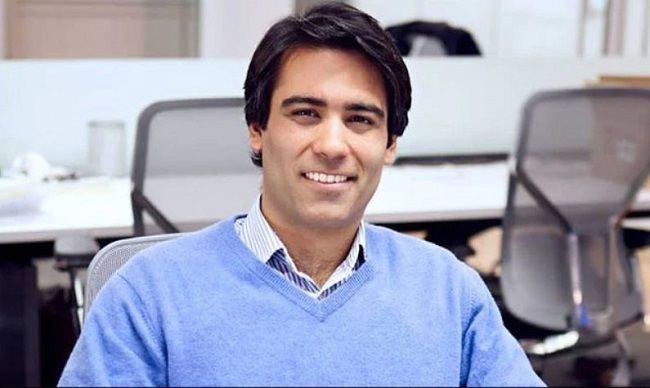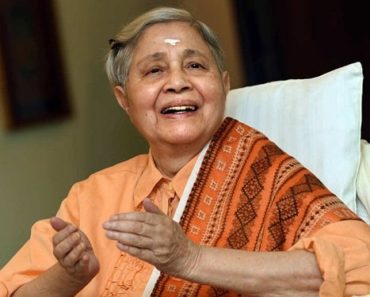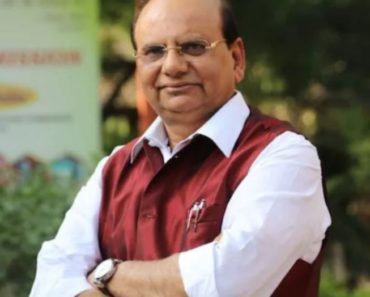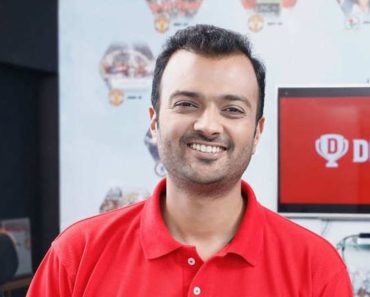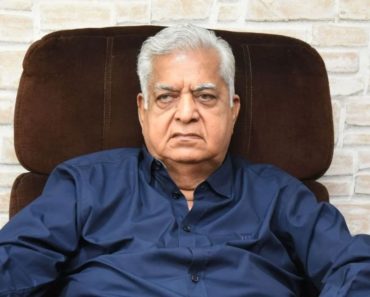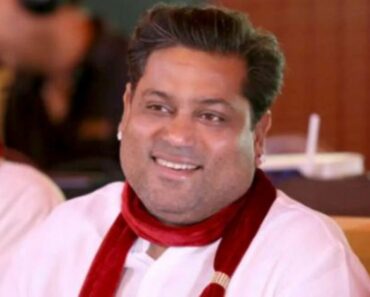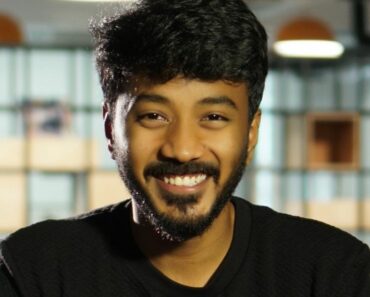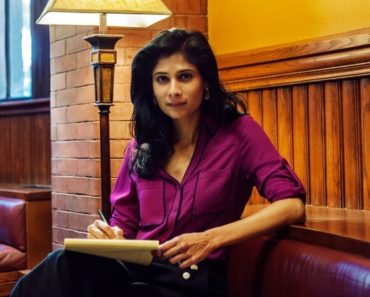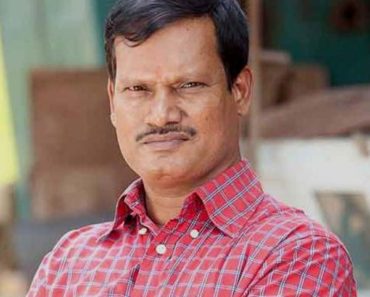Divya Narendra is an American entrepreneur and businessman. He is the co-founder and CEO of Sum Zero which is an online community for investors. He is the man who came up with the idea of a social networking platform for Harvard Students but became the second one to implement it after Mark Zuckerberg who registered Facebook first.
Contents
Wiki/Biography
Divya Narendra was born on Thursday, 18 March 1982 (age 40 years; as of 2022) in Bronx, New York. He spent his childhood with his family in Bayside, Queens. He was a good student and always passed his exams with a good SAT score. For his graduation, he went to Townsend Harris High School in Flushing, Queens. In 2000, he went to Harvard University and graduated in 2004 with an A.B. cum laude in Applied Mathematics. In 2009, he went to the Northwestern University Pritzker School of the Law for a Juris Doctor (J.D.) Degree and passed out in 2012. This was followed by attending the Kellogg School of Management at Northwestern University in 2012 for gaining a Master’s Degree in Business Administration (MBA).
Physical Appearance
Height (approx.): 5′ 8″
Hair Colour: Dark Brown
Eye Colour: Brown
Family
Divya Narendra belongs to an Indian Immigrant family.
Parents & Siblings
He is the elder son of Sudhanshu Narendra and Dharamjit Narendra Kumar.
His parents are immigrant doctors from India who now live at Sands Point, New York. His father is a geriatrician and palliative medicine specialist whereas his mother is a pediatrician. He also has a younger brother Varun Narendra and a sister-in-law.
Wife & Children
Narendra entered into a love marriage with an American woman Phoebe White She is a research analyst who studied at Princeton University and the daughter of Sebastian N. White (a nuclear physicist) and Kristin Holby Darnell (a former professional model). The famous architect Stanford White was her great-great-grandfather. Narendra met her for the first time at a birthday party to which he was uninvited. He was hovering on the bar when he met Phoebe white, a party guest. They spoke to each other only for a few minutes but that was enough for Narendra to track Phoebe online and email her. She responded to his email and the two began dating. They fell into a serious relationship and finally got married on 17 June 2017 at the Wainwright House, an event space in Rye, New York. [1]The New York Times
Career
In his college days, he came up with the idea of a social networking platform and named it Harvard Connections. The launch of this platform was delayed and later it was renamed as ConnectU and launched on 21 May 2004. It gained some popularity as an online community for Harvard students but eventually, it was discontinued. After completing his studies, he became an Analyst at Credit Suisse in June 2004 and left the company in July 2006. In July 2006, he began his second job at the Sowood Capital Management as an Associate – Valuation Group and worked in this company until August 2007. In September 2007, he came up with his first venture SumZero, Inc. which he co-founded with his Harvard friend Aalap Mahadevia. This platform is one of the largest online communities for investors. Divya operates as the CEO of this company and has held this position for over 14 years now. Once he was asked in an interview about how he got the idea of commencing SumZero. He replied,
SumZero was initially inspired by a need for a simple, centralized, and searchable platform in which professional investors working at hedge funds, mutual funds, and private equity funds could share rigorous investment ideas and network with one another. Since then the concept has expanded and SumZero is taking steps to bring a subset of high-level investment research to the investing community at large.
Controversies
When studying at Harvard, Divya Narendra came up with the idea of creating a social networking platform. He started working on it with his friends, Cameron Winklevoss and Tyler Winklevoss. They commenced working on this project in December 2002 and talked to their programmer friends at Harvard to work on it. The first programmer to work on it was Sanjay Mavinkurve who left this project when he graduated in the spring of 2003. When he left, Divya Narendra asked his other programmer friend Victor Gao to work on the project. They offered him to become a full-time partner in this project but he refused and asked to work on hire capacity. He worked on the coding of this website during the summer and fall of 2003 and then left the project for some reasons. When leaving, he asked Narendra and Winklevosses to approach Mark Zuckerberg to work on this project. That was the time when most of the programming work was already done by the programmers and the platform needed some good finishing touches. At the beginning of November 2003, Narendra emailed Mark and wrote,
We’re very deep into developing a site which we would like you to be a part of and … which we know will make some waves on campus.’
The idea drew Mark Zuckerberg’s interest in the project and began discussing it with the Harvard Connection team, and agreed to take over the programming work from Gao. On 25 November 2003, Narendra and Winklevosses met Mark in the Harvard Kirkland House’s dining hall. They explained their idea of creating a social networking platform to Mark and how they were planning to expand it to other schools. They also explained to him the confidentiality of the project and the importance of doing it first. After this conversation, Mark entered into an oral contract with Winklevosses and Narendra to become a partner in this project and be compensated in the form of sweat equity. The two then gave him access to the private server location and the password to the almost complete Harvard Connection website and its major chunk of code to finish the project. On 30 November 2003, Mark emailed Cameron Winklevoss stating that he thinks the project is easy to complete at the stage it has already reached. He wrote,
I read over all the stuff you sent and it seems like it shouldn’t take too long to implement, so we can talk about that after I get all the basic functionality up tomorrow night.’
On the next day, 1 December 2003, Mark sent another email to the team and wrote,
I put together one of the two registration pages so I have everything working on my system now. I’ll keep you posted as I patch stuff up and it starts to become completely functional.’
He wrote another email on 4 December 2003 stating,
Sorry I was unreachable tonight. I just got about three of your missed calls. I was working on a problem set.’
On 10 December 2003, he again wrote,
The week has been pretty busy, so I haven’t gotten a chance to do much work on the site or even think about it really, so I think it’s probably best to postpone the meeting until we have more to discuss. I’m also really busy tomorrow so I don’t think I’d be able to meet then anyway.’
Another week passed and Mark wrote another email to the team stating,
Sorry I have not been reachable for the past few days. I’ve basically been in the lab the whole time working on a cs problem set which I’m still not finished with.’
Finally on 17 December 2003, Mark met Narendra and Winklevosses in his dorm room, expressing his interest and commitment to the project and assuring them that he just needs to work on a few finishing touches. In his room, Narendra and Winklevosses saw a whiteboard that was filled with multiple lines of code with the heading Harvard Connection. On 8 January 2004, Mark emailed the team again and wrote,
completely swamped with work [that] week” but had “made some of the changes … and they seem to be working great.’
He also wrote that he will come up to discuss the site with them on Tuesday, 13 January 2004. On 11 January 2004, Mark registered the domain name thefacebook.com. On 12 January 2004, he emailed Eduardo Saverin that the site was ready and he wanted to discuss marketing strategies to expand it to other institutes. On 14 January 2004, he met the Harvard Connection team and didn’t mention anything about registering the domain name thefacebook.com or anything about the other social networking website. He just talked about the progress of Harvard Connection and said he will work on it for timely completion. On 4 February 2004, thefacebook.com was launched as a social network for Harvard students by Mark Zuckerberg with plans to expand it to other schools. Narendra and Winklevosses became aware of thefacebook.com on 6 February 2004, through a press release published in The Harvard Crimson, the Harvard student newspaper. As per Gao, Mark didn’t complete the work on the Harvard Connection code and left it non-functional. After four days on 10 February 2004, Narendra and Winklevosses sent a cease and desist letter to Mark. They also took the matter to the Harvard administration to act on the matter and raised a complaint to the university president Larry Summers and the Harvard Administrative Board to view it as a violation of the University’s honour code and student handbook. However, these authorities advised the Harvard Connection team to take this issue to the court. [2]NDTV Mark Zuckerberg sent and received a total of 51 emails from 30 November 2003 to 4 February 2004 with the Harvard Connection team and participated in many one-on-one meetings on the campus. Within the same duration, mark engaged in electronic communications with people who were not associated with the Harvard Connection team. These messages were leaked from Mark’s hard drive on 5 March 2010 and the authenticity of these messages was confirmed by Facebook itself in a news article. After completing the code and fixing the technical errors the Harvard Connections team launched their social platform and named it as ConnectU. ConnectU entered into a partnership with i2hub and integrated its popular software with ConnectU’s platform. They also came up with other initiatives and launched some other projects.
The lawsuits against Facebook
ConnectU finally filed a lawsuit against Facebook in 2004, accusing its creator Mark Zuckerberg of breaking the oral contract he entered into with the ConnectU team. There were a total of nine complaints in the lawsuit one of which stated that TheFacebook.com had the same source code as ConnectU.com. Basically, the suit stated that Mark stole their idea and illegally used their website code for creating his own social platform. Facebook responded to this by filing another lawsuit for a project Social Butterfly, which was another campus service bought up by the Winklevoss Chang Group as the partnership between i2hub and ConnectU. This lawsuit by Facebook was for Cameron Winklevoss, Divya Narendra, ConnectU, Tyler Winklevoss, and the founder of i2hub, Wayne Chang. The settlement for both these cases was made in February 2008 and the settlement amount was valued at $65 Million. ConnectU accused Facebook again in May 2010, of securities fraud on the value of stock and for wanting to undo the settlement. At the time of settlement, Facebook presented the stock value to be $11 Million instead of $45 Million presented at the time of settlement. This means the settlement price for them was $31 Million instead of $65 Million that was presented by Facebook. On 26 August 2010, the Facebook shares were trading at $76 per share as per a report shared in The New Tork Times and this bought the settlement value close to $120 million. If the settlement had to be adjusted for difference, the value that came up was over $466 Million. As per Steven M. Davidoff,
Facebook never represented its valuation in this negotiation, and so there is no prior statement that the company needs to correct.
After the Facebook experience, Narendra once talked about the importance of education in business and said,
After the Facebook experience, I was very sensitive to the value of getting a legal education and of understanding the language of law and how it informs business decisions. At age 22, I started thinking maybe I should do law school instead of business school. The JD-MBA was the perfect solution.’ [3]Northwestern University
In the final settlement, Divya Narendra received a stock/cash settlement that has an estimated worth of over $100 Million following Facebook’s IPO. [4]Forbes In 2008, he finally joined Facebook after the settlement agreement was signed and highly publicized by mainstream and social media. [5]The Economic Times
Leaked Instant Messages
What served as the proof in Divya’s favour were the email and leaked instant chat conversations that Mark had with a friend and outsider. These instant chats were leaked and Silicon Alley Insider got these messages and made them public. It was a conversation in which Mark talked about how he was planning to handle Harvard Connect:
Friend: so have you decided what you are going to do about the websites?
Zuck: yea i’m going to fuck them
Zuck: probably in the year
Zuck: *ear
Another leaked conversation pointed out how Mark got access to people’s personal information without even wanting:
Zuck: yea so if you ever need info about anyone at harvard
Zuck: just ask
Zuck: i have over 4000 emails, pictures, addresses, sns
Friend: what!? how’d you manage that one?
Zuck: people just submitted it
Zuck: i don’t know why
Zuck: they “trust me”
Zuck: dumb fucks
However, later Mark Zuckerberg regretted these conversations and has built a trustworthy image with his hard work. [6]The New Yorker
Net Worth
Divya Narendra has a net worth of $60 Million (approx.)
Facts/Trivia
- He likes to participate in half-marathons and has his own YouTube channel where uploads his guitar performances.
- A film director David Fincher made the movie The Social Network on the Facebook story and the character of Divya Narendra is played by actor Max Minghella. Narendra has Indian ancestors whereas the actor who played his role has Chinese and Italian ancestors.
- A few years ago, he was ranked 7th on the Forbes list of America’s Most Expensive Zip Codes for purchasing an industrial-style loft in Tribeca. [7]Forbes
- In an interview, he talked about his interest in teaching specifically in the field of entrepreneurship and said he would love to initiate philanthropical works in the United States and India as well. [8]Forbes
- Adagio Teas have a special tea named after him that is readily available to buy and this tea is a part of the Social Network Fandom. [9]Adagio Teas
References

